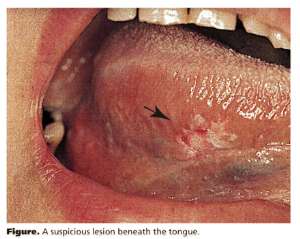Articles for Patients
Stories often appear in the news about the association between oral health—specifically gum disease—and overall health conditions, such as diabetes or stroke. But what is gum disease exactly?
Some people like the personal image created by tongue splitting and oral piercings, but this look comes at a price. Tongue splitting and piercings that involve the tongue, lips, cheeks or uvula (that tiny piece of tissue that hangs at the back of your mouth) can be risky.
Tooth sensitivity can have a number of causes. Some of the more common culprits are caries (tooth decay), cracked or fractured teeth, trauma, tooth grinding or clenching, worn fillings or tooth enamel, and gingivae (gums) that have pulled away from the tooth roots as a result of gum disease or vigorous brushing.
As we age, our bones begin to lose density and strength, especially after age 50 years. Many factors affect bone density, including diet, physical activity, family history, hormones, lifestyle and certain conditions and medications.
Gum disease” is an infection by germs in the gums around the teeth. It is one of the most common infections in people around the world. In its more serious form—known as “periodontitis”—the infection is long lasting. The soft gums and bone around the teeth dissolve over time.
If you use tobacco, you are at risk of developing periodontitis, which can result in loosening or even loss of your teeth. Signs of periodontitis include red swollen gums (gingivae) that bleed, gums that seem to have pulled away from your teeth, constant bad breath or pus between your teeth and gums. You also are at risk of developing oral cancer.
You have so much to think about during pregnancy, but don’t overlook your oral health, which can be affected by the hormonal changes you will experience during this time.





